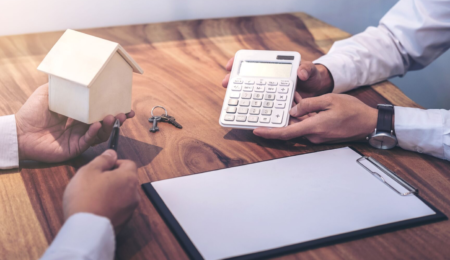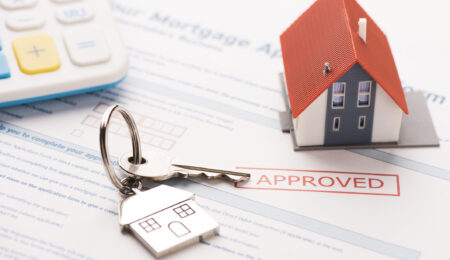Embarking on the journey to homeownership involves navigating the intricate landscape of mortgages. To master this journey, it’s essential to have a comprehensive roadmap that guides you through each step of the mortgage process. In this guide, we’ll provide you with a Mortgage Mastery Map, offering insights, tips, and strategies to empower you on your path to securing a mortgage and achieving your dream of homeownership.
Understanding Your Financial Landscape
Before diving into the mortgage process, it’s crucial to assess your financial landscape. This involves:
1. Budget Assessment
Take a close look at your monthly budget to determine how much you can comfortably allocate to mortgage payments. Consider factors like income, existing debts, and living expenses.
2. Credit Check
Obtain a copy of your credit report and check your credit score. A higher credit score often leads to better mortgage terms, so address any issues that may negatively impact your score.
3. Savings Evaluation
Evaluate your savings for a down payment. A larger down payment can improve your mortgage terms and may influence the need for private mortgage insurance (PMI).
Building a Mortgage Strategy
With a clear understanding of your financial landscape, it’s time to build a mortgage strategy:
1. Pre-Approval Process
Start by getting pre-approved for a mortgage. This involves submitting financial information to a lender who will assess your creditworthiness and determine the loan amount you qualify for. Pre-approval enhances your credibility as a serious buyer.
2. Mortgage Types Exploration
Explore different types of mortgages to find the one that aligns with your financial goals. Consider fixed-rate mortgages for stability or adjustable-rate mortgages if you anticipate changes in your financial situation.
3. Down Payment Planning
Plan for your down payment strategically. Aim for a down payment that aligns with your budget and enhances your mortgage terms. Remember, a higher down payment can positively impact your loan terms.
Navigating the Mortgage Application
As you navigate the mortgage application process, keep the following key steps in mind:
1. Home Search and Offer
Once pre-approved, start your home search within your budget. When you find the right property, make an offer. Your pre-approval strengthens your position as a serious buyer.
2. Loan Application Submission
Formally apply for the mortgage after your offer is accepted. The lender will review your application, conduct a financial assessment, and may request additional documentation.
3. Appraisal and Inspection
Prepare for a home appraisal to assess the property’s value. Additionally, schedule a home inspection to identify any potential issues. Both processes ensure the property is a sound investment.
4. Underwriting and Approval
During underwriting, the lender evaluates your financial information, the property’s appraisal, and other relevant details. Upon approval, the loan progresses to the closing phase.
Closing the Deal
As you approach the closing, focus on these crucial final steps:
1. Reviewing Closing Documents
Carefully review all closing documents, including the Closing Disclosure. Ensure that the terms, costs, and conditions align with your expectations. Seek clarification on any points that may be unclear.
2. Conducting a Final Walk-Through
Before the closing day, conduct a final walk-through of the property to verify its condition. Ensure that any negotiated repairs have been completed to your satisfaction.
3. Preparing for Closing Costs
Prepare for closing costs by having the necessary funds readily available. Work closely with your real estate agent and lender to understand the breakdown of costs and be prepared for any last-minute adjustments.
Post-Closing Transition
As you transition into homeownership, focus on these post-closing steps:
1. Updating Utility Information
Update utility information and transfer services to your name. Ensure a seamless transition for water, electricity, gas, and other essential services.
2. Registering Property Details
Register your ownership details with the appropriate local authorities. This may include updating your address with the post office and updating your information with the local tax assessor.
3. Personalizing Your Space
Finally, personalize your space and make it your own. Unpack, decorate, and create a welcoming environment that reflects your style and personality.
Conclusion: Your Path to Homeownership
By following this Mortgage Mastery Map, you’ll navigate the complexities of the mortgage process with confidence and strategy. Your path to homeownership is a journey filled with milestones, negotiations, and celebrations. With a well-charted course and a mastery of the mortgage landscape, you’ll soon unlock the door to your dream home.




